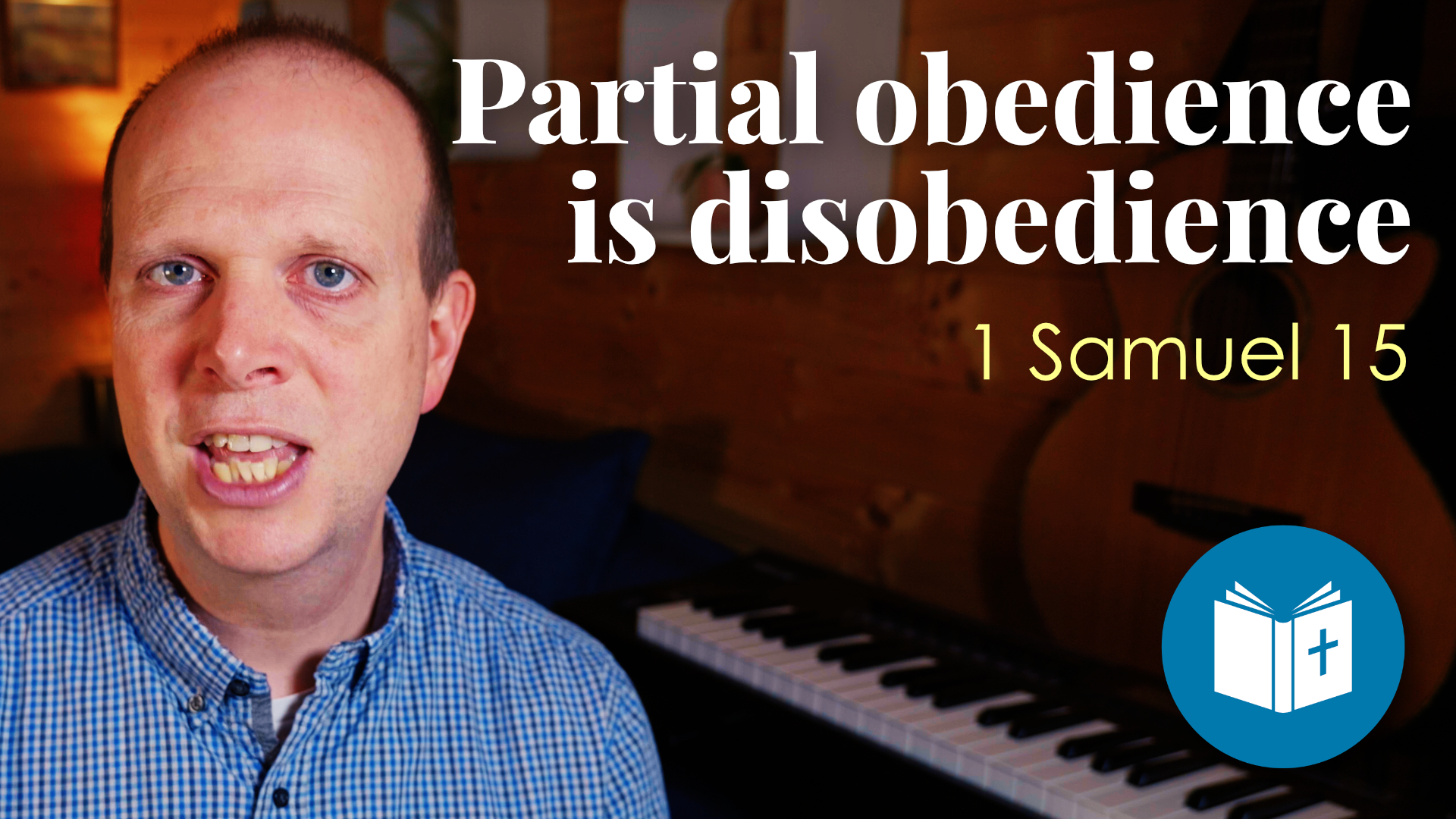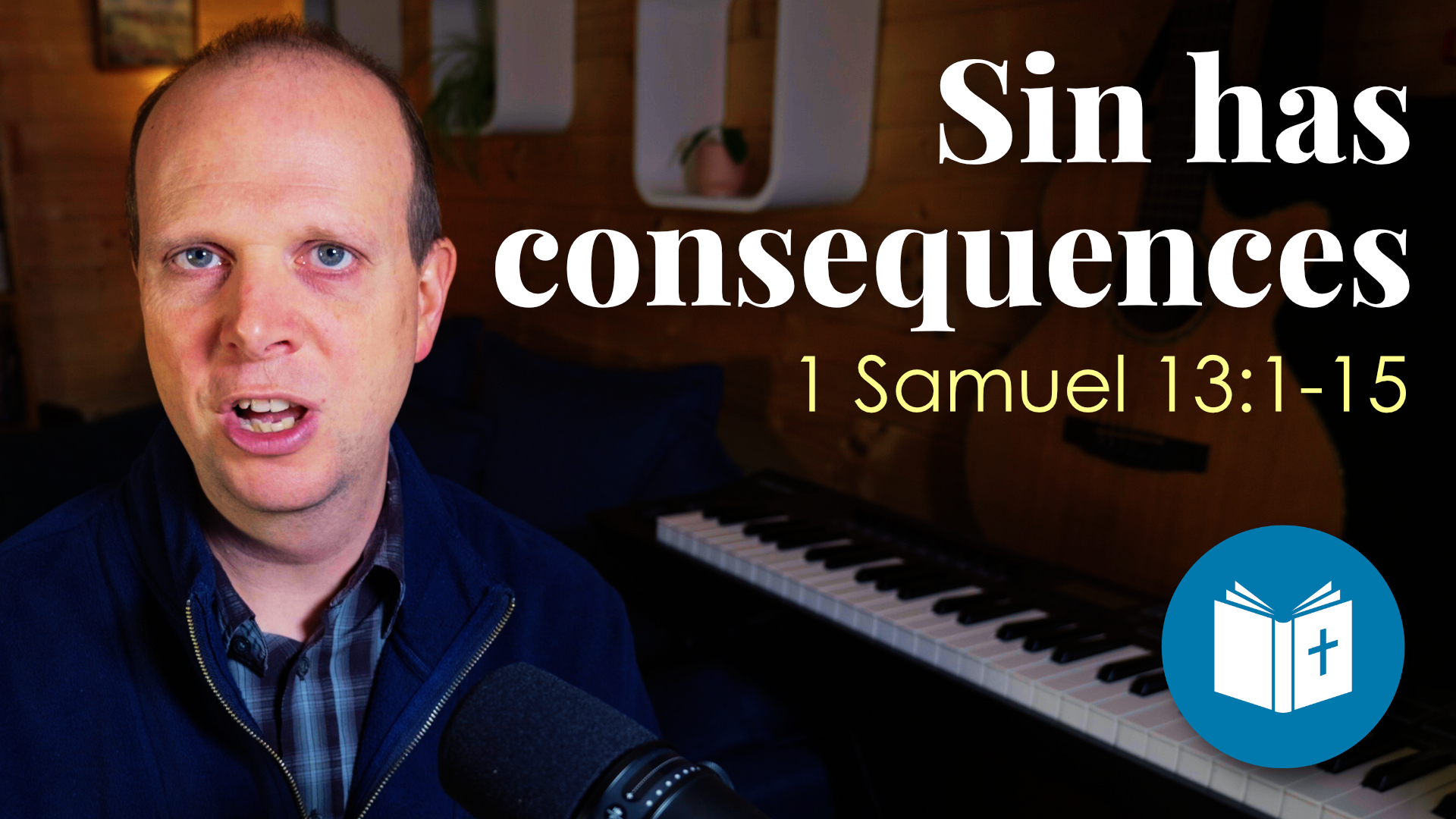When it comes to obeying God, we can’t pick and choose what we want to obey and what we don’t. Obeying God needs to be all or nothing. In this passage, we see what happened when Saul decided not to obey God fully, and what the consequences were.
If you appreciate Understand the Bible, please join us on Substack!










